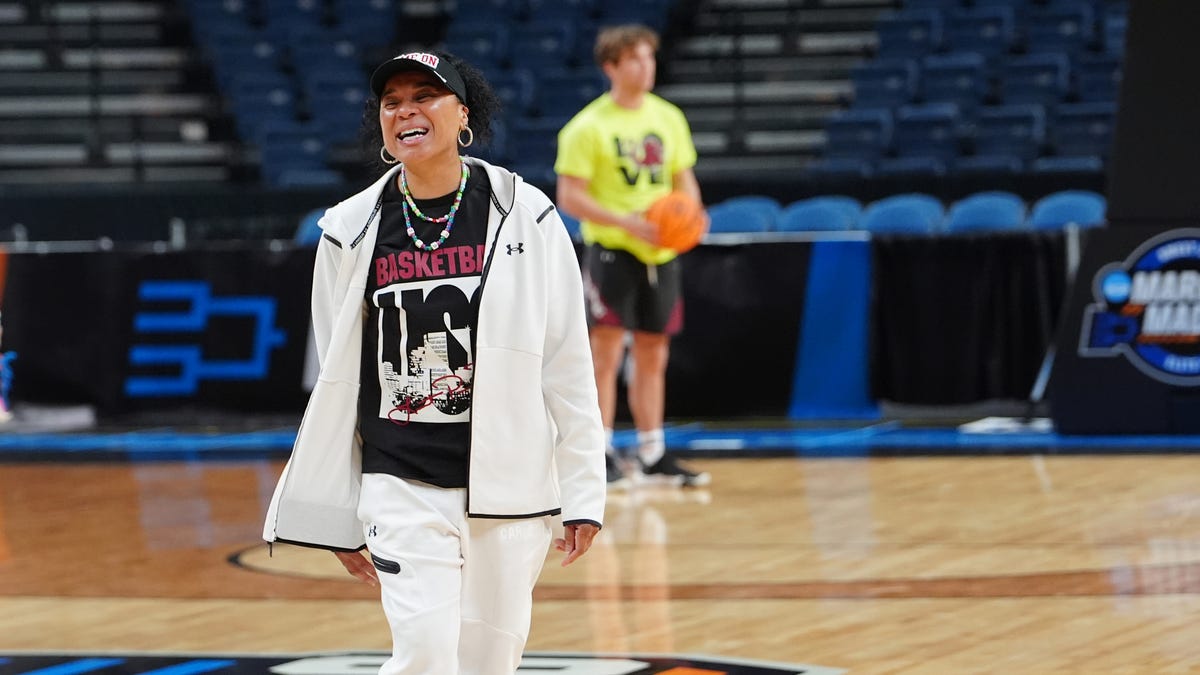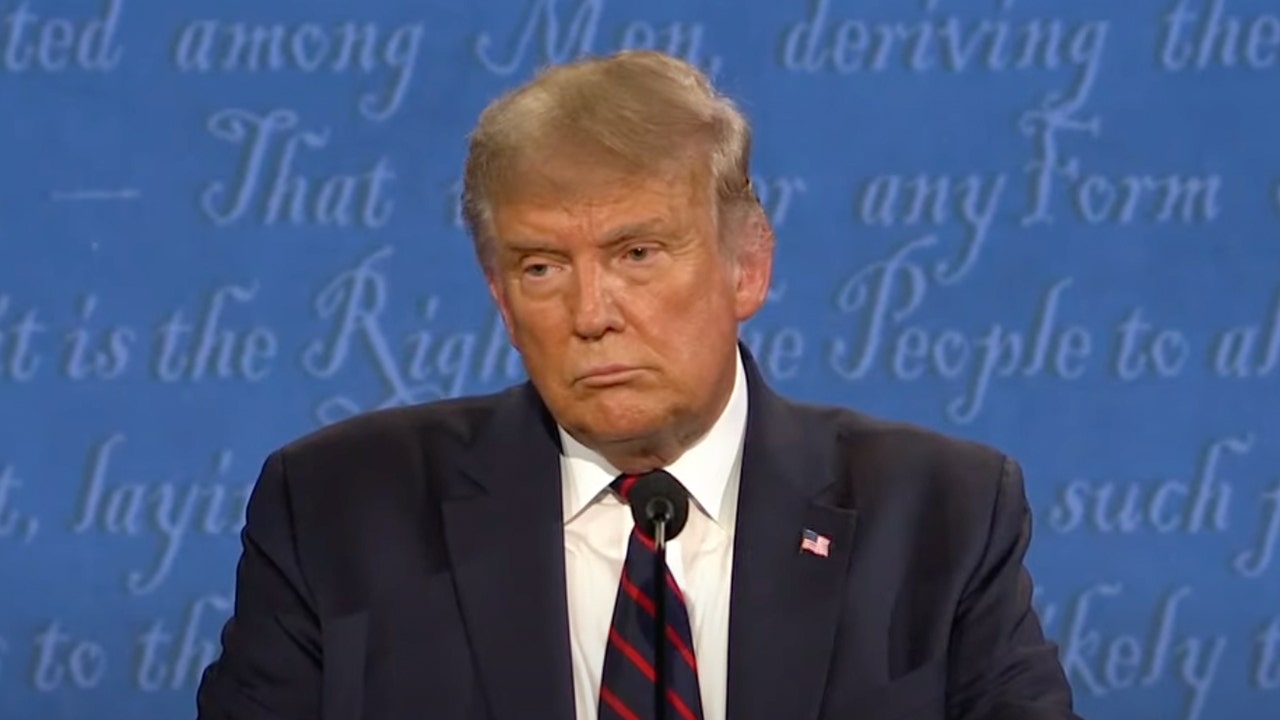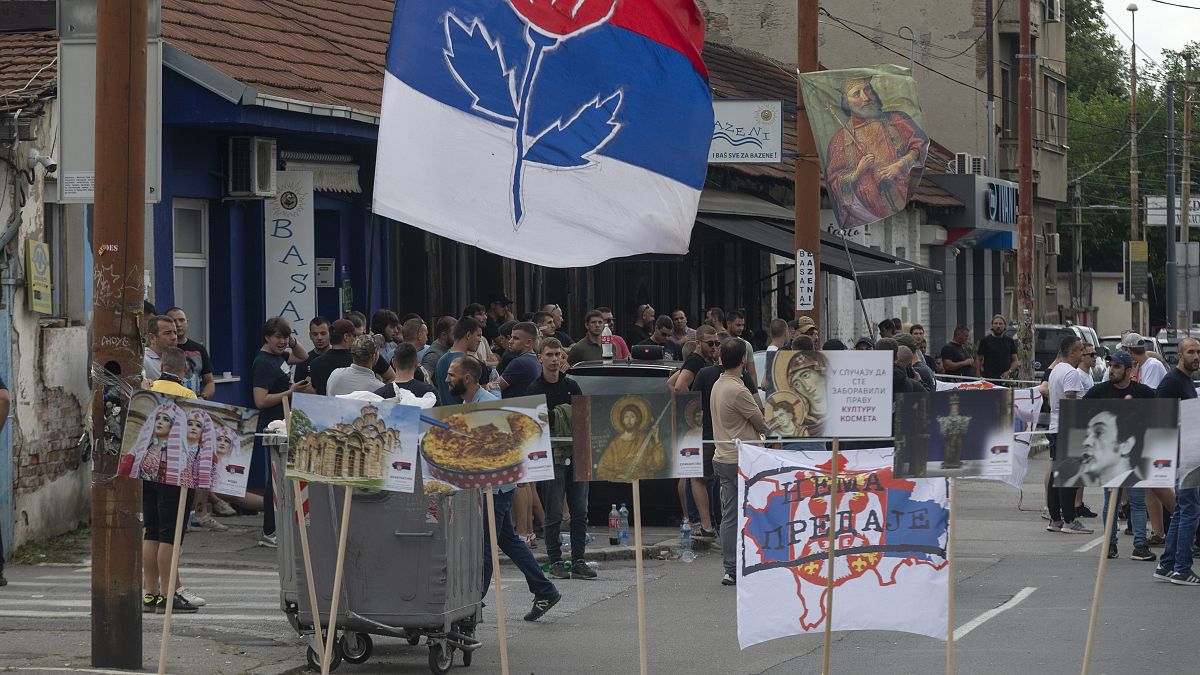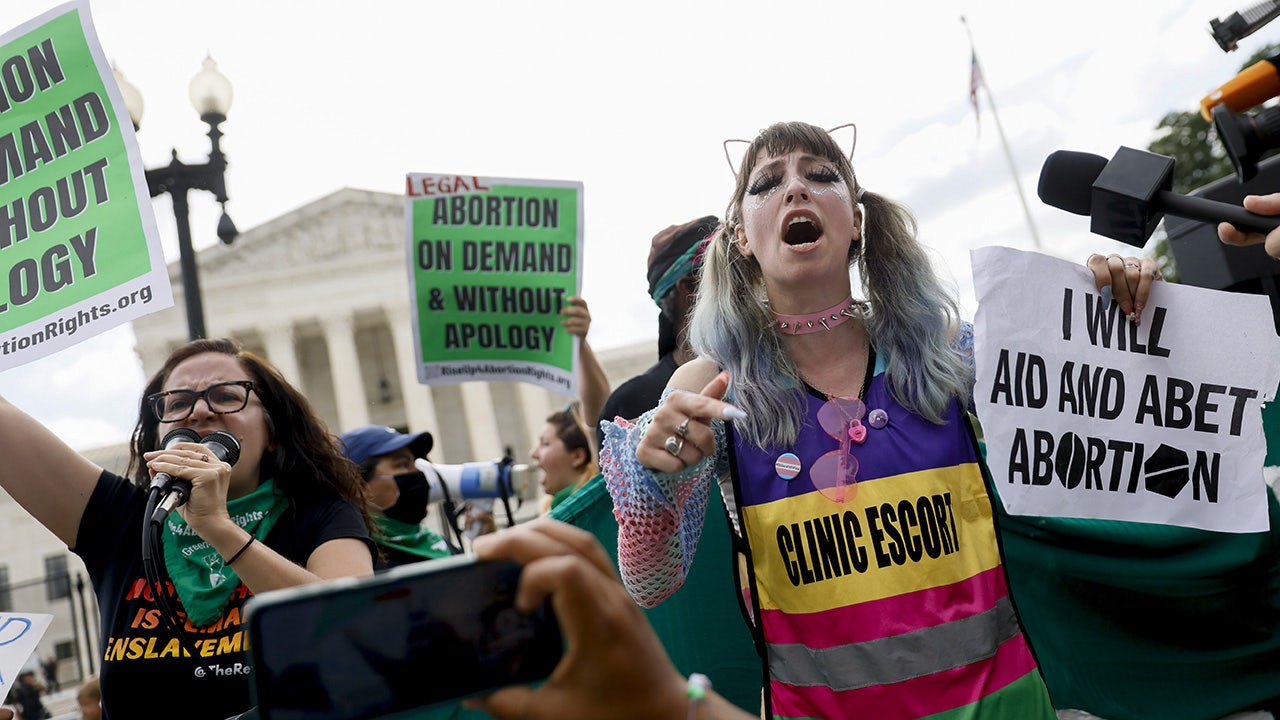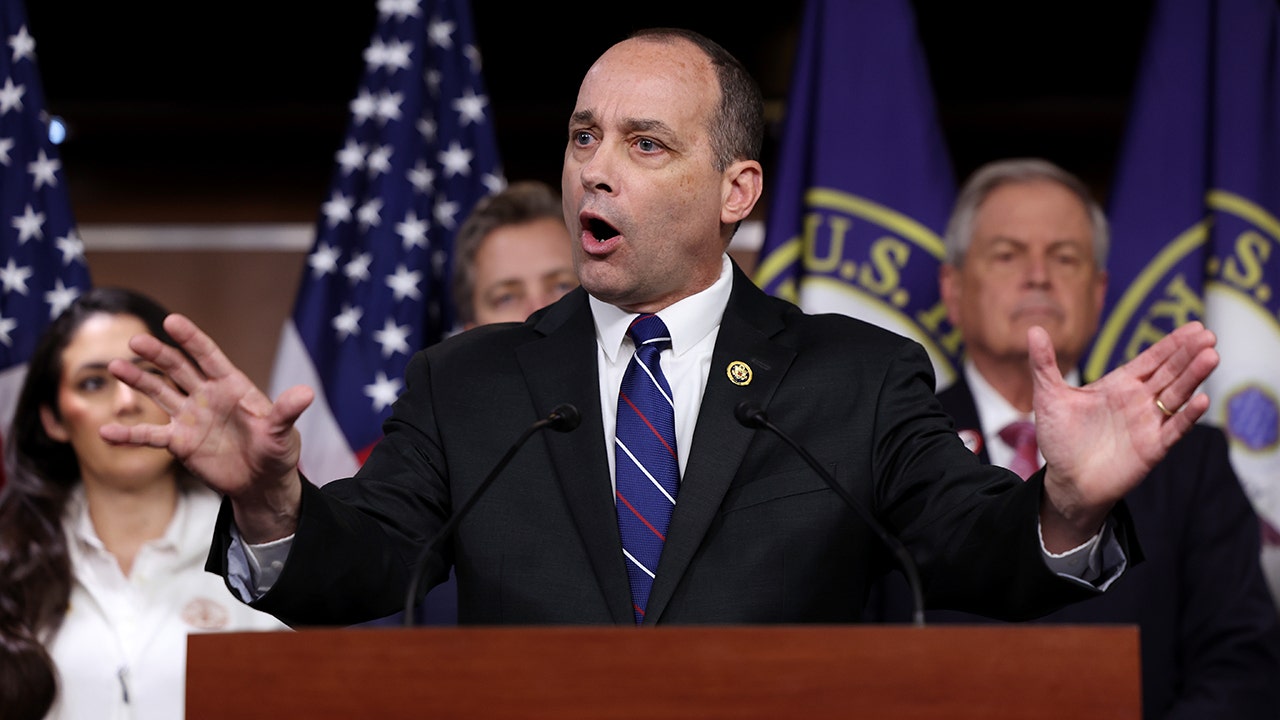A California jury has found the US National Football League violated antitrust laws and ordered it to pay $4.7bn in damages to customers who bought a package of its live games over satellite television, in a landmark case that could reshape the market for sports rights distribution.
The verdict comes in a federal class-action lawsuit brought by subscribers to the NFL’s Sunday Ticket package, who alleged the league’s out-of-market games violated antitrust rules by restricting competition for certain Sunday afternoon fixtures to pay-TV.
The case, which was tried in a federal court in Los Angeles, may have wide-reaching consequences for how live sports rights are bundled. It also delivers a significant blow to the world’s richest sports league, as the fines could be tripled under US federal antitrust law.
The NFL said it was “disappointed” with the verdict. “We continue to believe that our media distribution strategy . . . is by far the most fan friendly distribution model in all of sports and entertainment.” It said it would “contest” the verdict and maintained the claims were “baseless and without merit”.
In 1961, US Congress passed the Sports Broadcasting Act, which gives professional sports leagues such as the NFL an exemption from antitrust laws in order to pool sales of its media broadcast rights. Underpinning the act is the idea that professional teams including the Dallas Cowboys and the New York Giants operate as franchises of one business unit — the league — and as such media distribution of their fixtures is not in competition with one another.
Still, there are four time zones across the continental US, and the majority of NFL fixtures take place simultaneously on Sunday afternoons. That has created demand for so-called out-of-network games, which the league sells as its Sunday Ticket package. Viewers can watch fixtures of local teams on their regional Fox or CBS free-to-air network, but must purchase Sunday Ticket to watch games outside their home markets.
Underscoring the seriousness of the case and its implication for the future of live sports rights, NFL commissioner Roger Goodell and Cowboys owner Jerry Jones were among the witnesses testifying for the league during the trial. Goodell told the jury it was the first time he has presented under oath in a federal courtroom since he began his term in 2006, according to a report from the Associated Press.
The league maintained Sunday Ticket is a premium product with premium pricing, and as such would not undercut viewership for free-to-air local games. The package costs between $349 and $449 per year, depending on whether consumers have a subscription with distributor YouTube TV. Sunday Ticket was distributed by satellite provider DirecTV from 1994 until 2023, when the league awarded the rights to Google’s YouTube TV in a record $14bn contract.
The lawsuit was brought by a San Francisco sports bar called the Mucky Duck in 2015 and has since been expanded to a class-action representing millions of subscribers and tens of thousands of similar establishments. The plaintiffs have highlighted, among other evidence, a 2017 internal NFL memo titled “New Frontier”, which suggested the league could divvy up Sunday fixtures across cable channels rather than pool them to satellite TV.
Unlike other US professional leagues, including Major League Baseball and the National Basketball Association, NFL teams do not offer individual TV packages. In his trial testimony, Cowboys owner Jones said he was “completely against each team doing TV deals”, according to the AP, despite the fact that a theoretical direct-to-consumer offering for his team — estimated to be worth $9bn by Forbes, the most valuable professional club in global sport — would likely rake in subscriptions.









